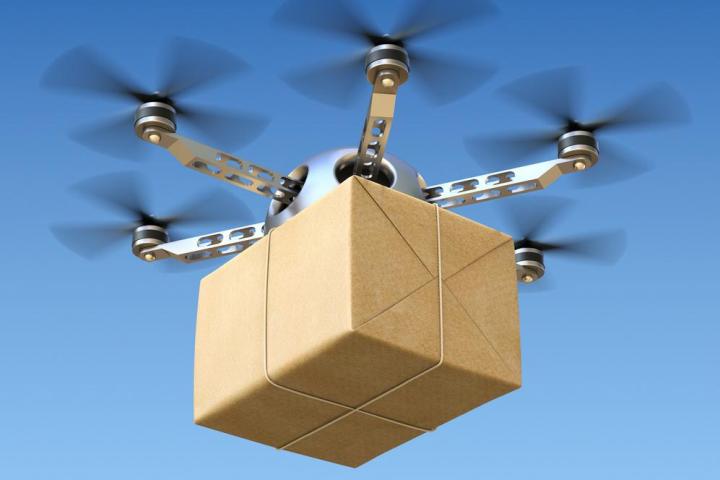
Just last week, for example, police in London seized two remotely controlled copters attempting to deliver contraband to inmates at Pentonville Prison in the north of the capital. Spotted in the early hours of August 14, one of the drones crashed after apparently having already delivered its illegal cargo. The other one, however, was intercepted mid-flight and found to be carrying a large stash of drugs and mobile phones (pictured), the
London’s Metropolitan Police said the problem of people using drones to deliver contraband to inmates is now so serious it’s set up a special unit, called “Operation Airborne,” to deal with the issue.
There were 33 known incidents involving drones and prisons in the U.K. last year, with some flights at Pentonville involving the quadcopters actually entering the prison building through broken windows.
In a case that ended up in court last year, a London man was jailed for 14 months for attempting to fly “a psychoactive substance and tobacco” into a prison.
As the U.S. grapples with the same issue, prison administrators are examining various solutions to bring an end to the illegal deliveries. A company called Dedrone, for example, offers the DroneTracker, which uses multiple methods to detect drones within 1,640 feet in any direction. Once identified, it’s then a case of either meeting the drone as it lands, taking control of the flight, or even blasting it out of the sky, possibly with a shoulder-mounted, net-firing bazooka.
Drone are clearly still proving useful for jailbirds desperate for supplies from the outside world, but with prison services finally waking up to the issue, it seems that more creative methods may once again have to be called upon to get the contraband delivered.


